Take up OAS Scholarships, Donor Organization Urges Applicants
The leadership of the Organization of American States (OAS) is concerned that not enough young people from the Caribbean are applying for the scholarships it awards each year, ostensibly because of perceived language barriers and negative perceptions about educational quality outside of North America and Europe.
With 35 member states and 69 others, plus the EU, having observer status, the OAS offers scholarships for numerous graduate, undergraduate, and professional development courses. Among them is a programme in which Mexico provides 125 fully funded masters and doctoral level degrees in science, technology, engineering and mathematics each year, primarily to people from the Caribbean.
But Assistant Secretary General Nestor Mendez says too few people are taking them up, opting instead to study in countries in the north.
“The OAS has one of the oldest and most prestigious scholarship programmes in the Americas… Some people will say, ‘Why would I want to study in Mexico? I don’t speak Spanish.’ It may be true, but the programmes are front-loaded with the language component so they teach you the language before you get into the classes.
“In the Caribbean, when people talk about higher education and going abroad for school, traditionally we look to the north — Canada, the US and the UK and Europe — but seldom have people stopped to think that if we look sideways and to the south there are tremendous, world-class institutions of learning that have opportunities for you,” Mendez said. Making his point, Mendez used Mexico’s Tecnológico de Monterrey as example, describing it as ranking at “the same level as MIT (Massachusetts Institute of Technology); no questions asked”.
“But people don’t know this, or people don’t think about this. People are worried about the language challenge,” he said. The point to be underscored, he said, is that young Caribbean professionals who will have to compete in a different world will have to be at least bilingual to be competitive.
We can no longer afford to think that we get some education in one language and it’s enough. Look where we’re situated. We’re in the middle of the Americas — between South and North America and next to Central America — and the opportunities are huge. But in order for you to compete in those markets and to attract business from those markets to Jamaica and the Caribbean, we need to be proficient in the language, both at the technical level as well as in the other spheres of doing business with people. So think about it,” the OAS assistant secretary general asserted.
He made the remarks at the organization’s 70th Anniversary Lecture and Round table Discussion at the University of Technology, Jamaica earlier this month. The lecture, which was presented in partnership with UTech, was directed under the theme: The Caribbean Sustainable Energy Challenge, and featured speakers from government, the private sector and regional institutions.
The OAS is the world’s oldest regional organization, dating back to the First International Conference of American States, in 1889. The current structure and name came into being in 1948.
“We bring a lot to the table,” Mendez said. “I’m very happy to say that through the programme we have trained leaders from across the Americas for decades. And when I’m talking leaders, I’m not only talking about leaders of government — I’m talking captains of industry and civil society.
This, he said, has included “many, many” people from Jamaica, the Caribbean and all over Latin America.
The annual OAS scholarship programmes are currently open to applicants and are administered by the Ministry of Finance’s Scholarships, Training and Assistance Unit at Heroes’ Circle in Kingston.
Source: Jamaica Observer
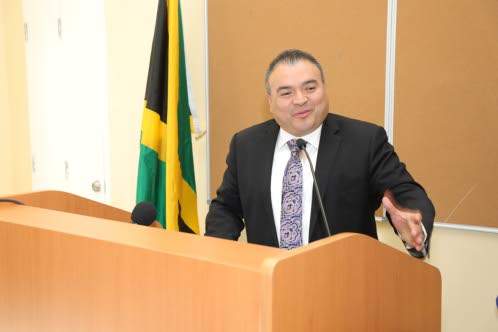
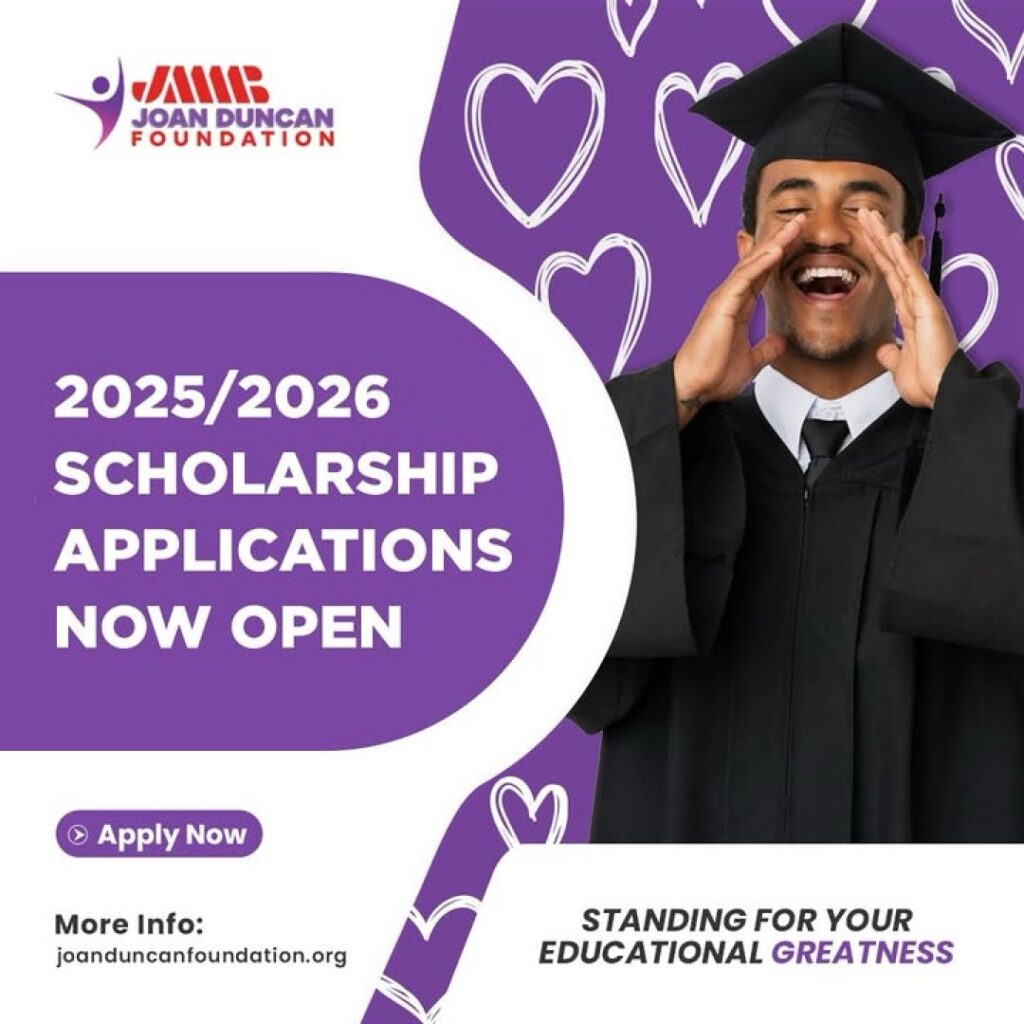
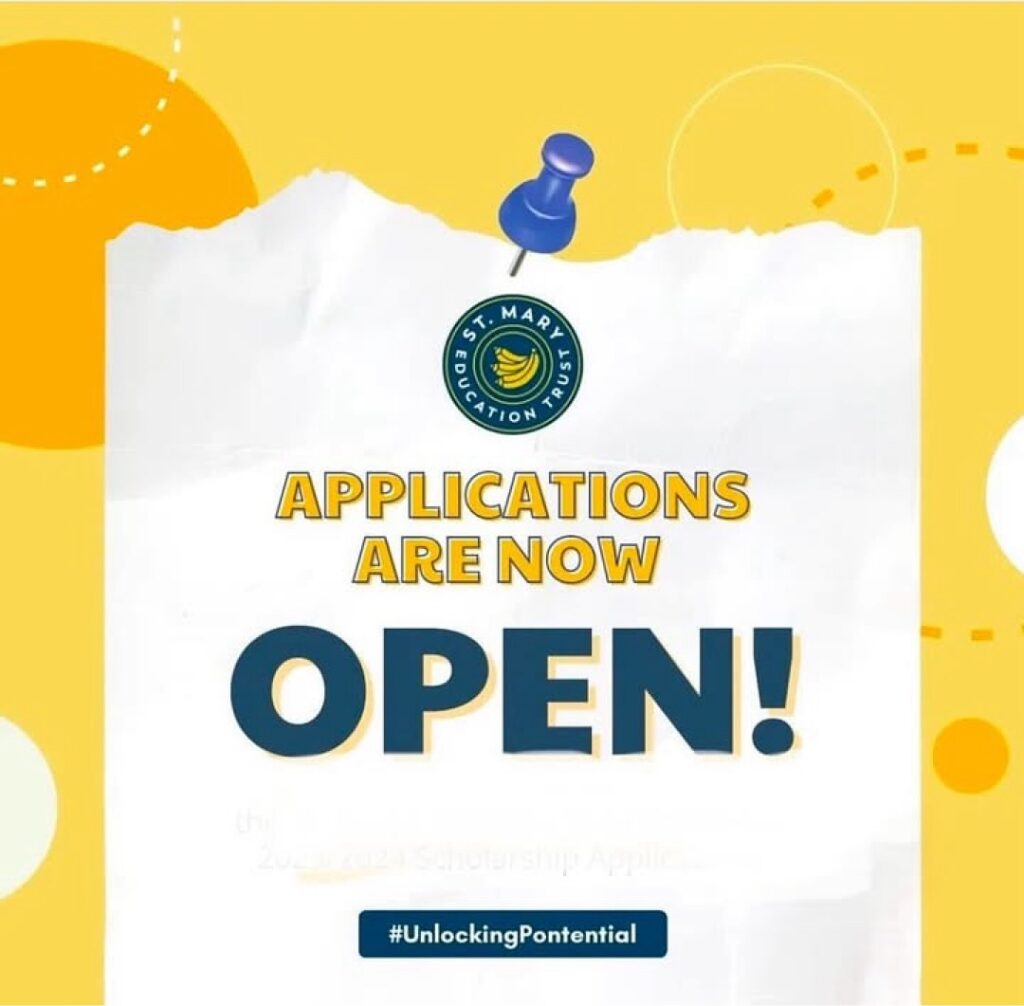

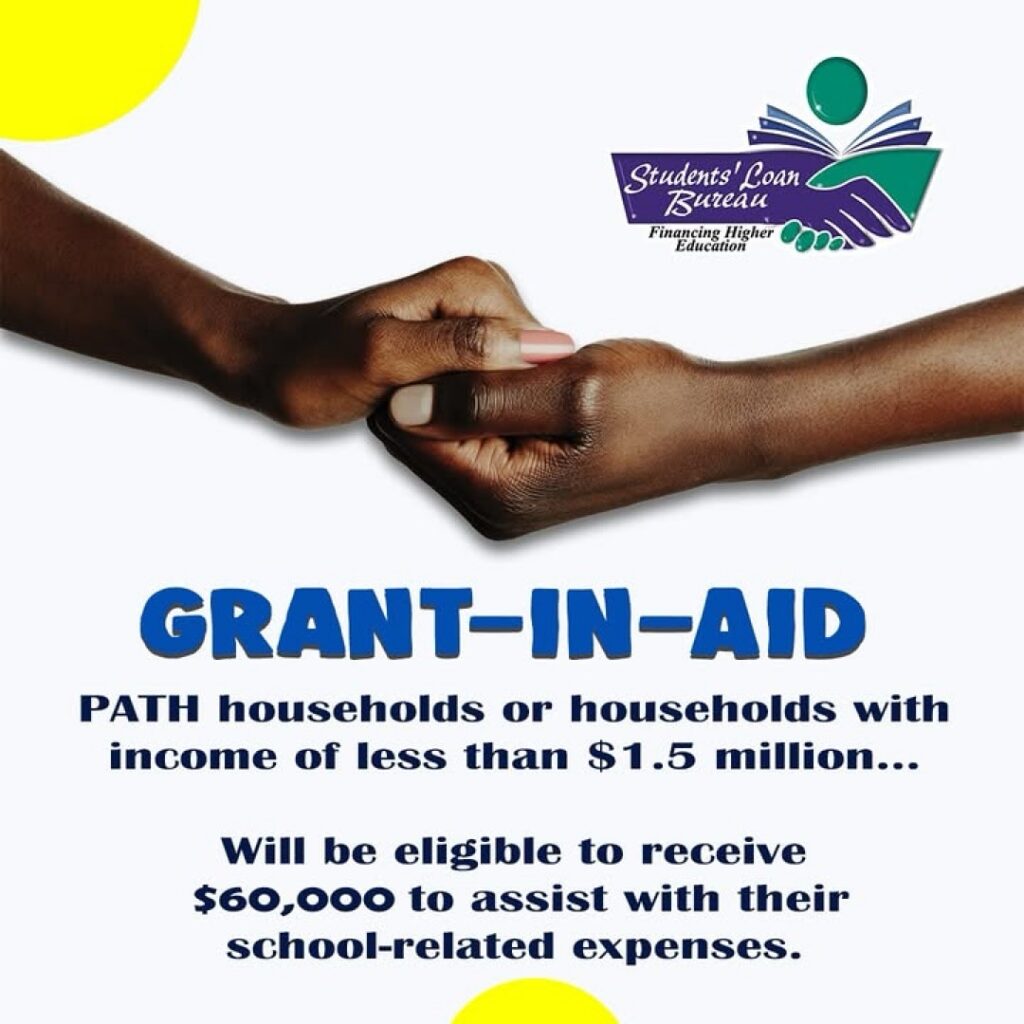

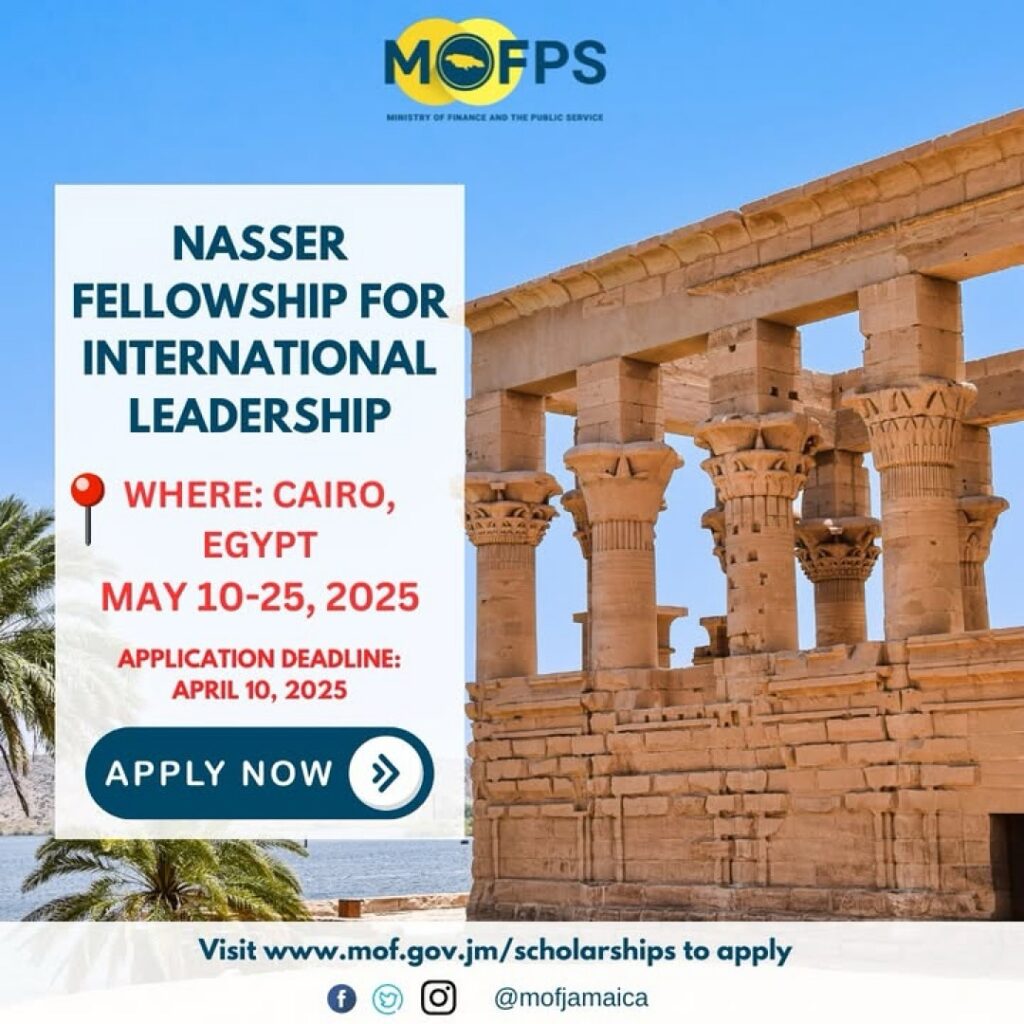
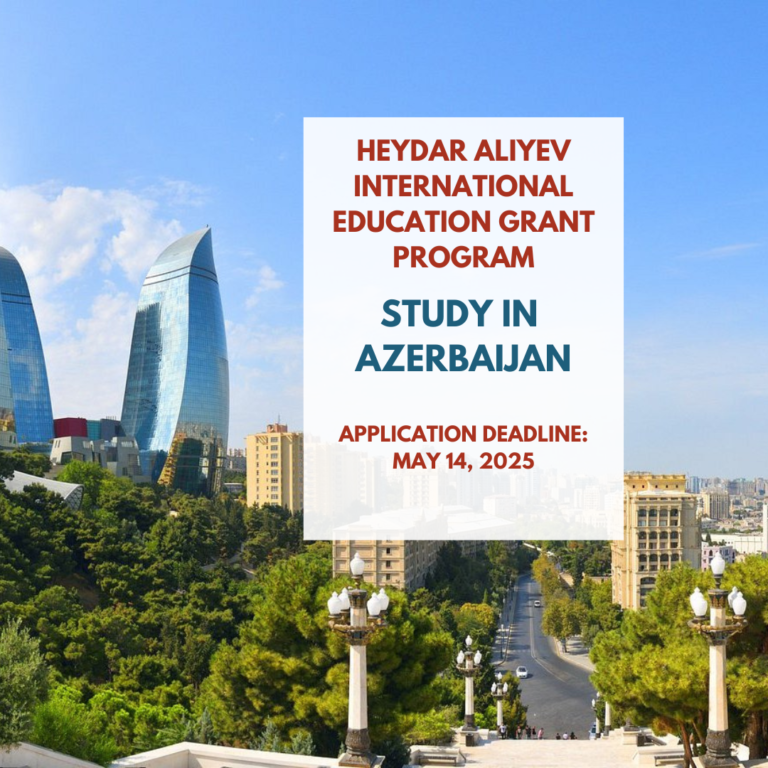
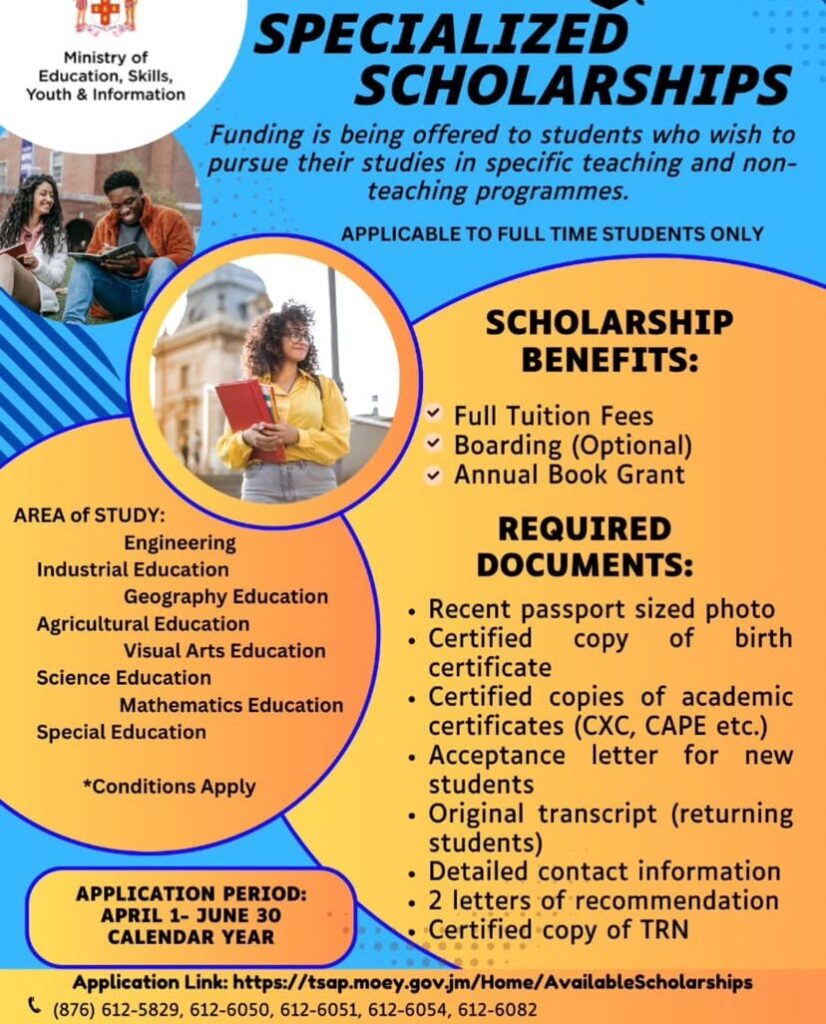
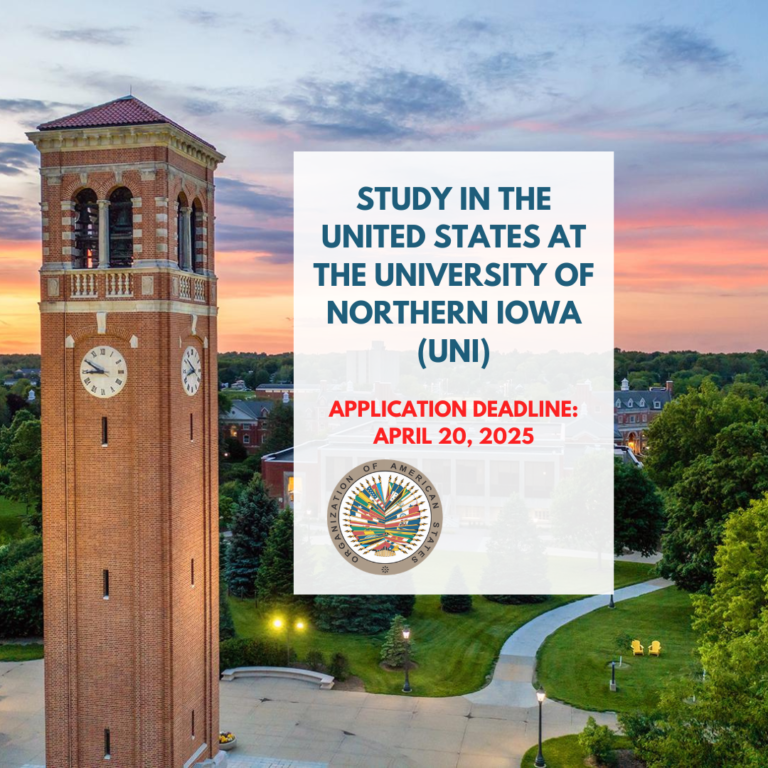

Comments are closed